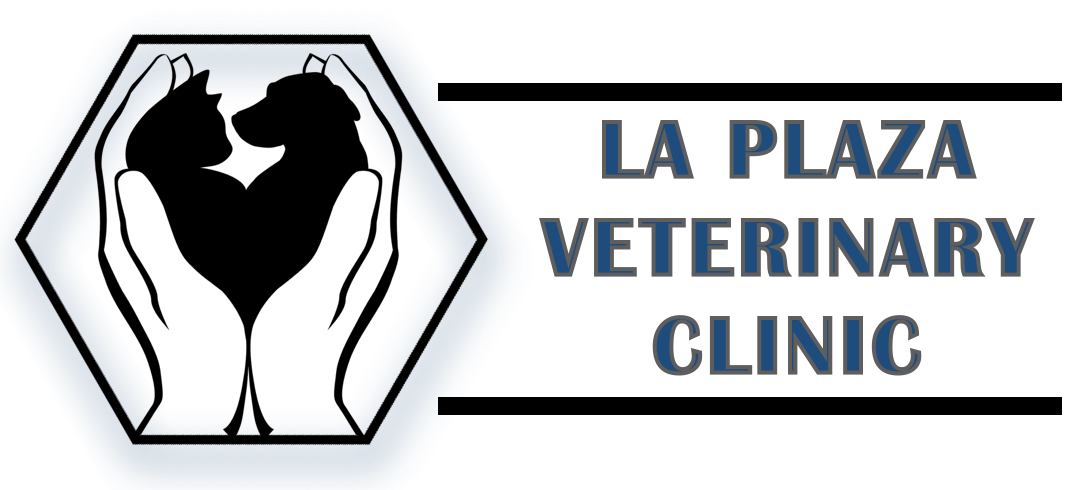Library
-
Gentamicin topical is an antimicrobial medication used to treat bacterial infections of the skin. It is approved for use as a spray in dogs to treat surface bacterial infections of the skin. It can be found in combination medications to treat other types of surface infections in dogs, including ear infections. It is used “off label” or “extra label” in other animals.
-
Ginger is given by mouth and is used off label and over the counter to treat nausea, vomiting, inflammation, and other conditions. Give as directed by your veterinarian. Side effects are uncommon but might include mild stomach discomfort, diarrhea, or gas. Do not use in pets that are allergic to it or that have gallbladder disease. If a negative reaction occurs, please call your veterinary office.
-
Ginkgo is given by mouth and is used on and off label and over the counter to treat cognitive dysfunction, vascular problems, retinal disease, or breathing problems. Give as directed by your veterinarian. Side effects are uncommon but may include vomiting, diarrhea, or skin allergic reactions. Do not use in pets that are allergic to it, have a bleeding disorder, or are pregnant or nursing. If a negative reaction occurs, please call your veterinary office.
-
Ginseng is given by mouth and is used off label and over the counter to treat a variety of conditions including low energy, heart problems, Addison’s disease, cognitive function, and low immune system. Give as directed by your veterinarian. Side effects are uncommon but may include diarrhea, restlessness, or increased blood pressure. Do not use in pets that are allergic to it, are pregnant or are nursing. If a negative reaction occurs, please call your veterinary office.
-
Giving pills to cats can be a challenge, even for the most experienced veterinarian! The easiest way to give your cat a pill is to hide the pill in food. Some cats will always find the pill and spit it out, so you may need to administer it directly into your cat's mouth. This handout provides a step-by-step guide to do this, along with some other options if it is still too difficult.
-
Giving pills to dogs can be a challenge, even for the most experienced veterinarian! The easiest way to give your dog a pill is to hide the pill in food. Some dogs will always find the pill and spit it out, so you may need to administer it directly into your dog's mouth. This handout provides a step-by-step guide to doing this at home.
-
Glipizide (brand name: Glucotrol®) is an anti-diabetic medication used off label to treat type 2 diabetes in cats that are responsive to the medication, or when an alternative to needles is preferred. Glipizide is given by mouth in the form of a tablet.
-
Glucosamine/chondroitin combination is a nutrient supplement that is given by mouth and is used to treat osteoarthritis and feline lower urinary tract disease. Give as directed by your veterinarian. Side effects are uncommon but may include gastrointestinal upset. Do no use in pets that are allergic to it. If a negative reaction occurs, please call your veterinary office.
-
Glutamine is given by mouth and is used off label to treat gastrointestinal and pancreatic inflammation. It can be prescription or over the counter. Give as directed by your veterinarian. Side effects are uncommon and are not well documented in pets. Use cautiously in pets that are pregnant or nursing or have severe liver disease, severe behavior disorders, or seizures. If a negative reaction occurs, please call your veterinary office.
-
Grapiprant is given by mouth in the form of a chewable tablet to treat pain and inflammation in dogs. Do not use this medication in pets that are allergic to it, or in pets concurrently using corticosteroids or other NSAIDs. If a negative reaction occurs, call your veterinary office.



